Mozambique’s 2024 Elections: Prospects for the Glo…
On June 13, 2024, the International Republican Institute (IRI) convened a private roundtable discussion on Mozambique. The event focused on…
IRI is working to counter the sentiment that democracy is in retreat in Africa. Evidence for this belief includes backsliding in Ethiopia and Sudan, two countries that held out hope for a democratic awakening.
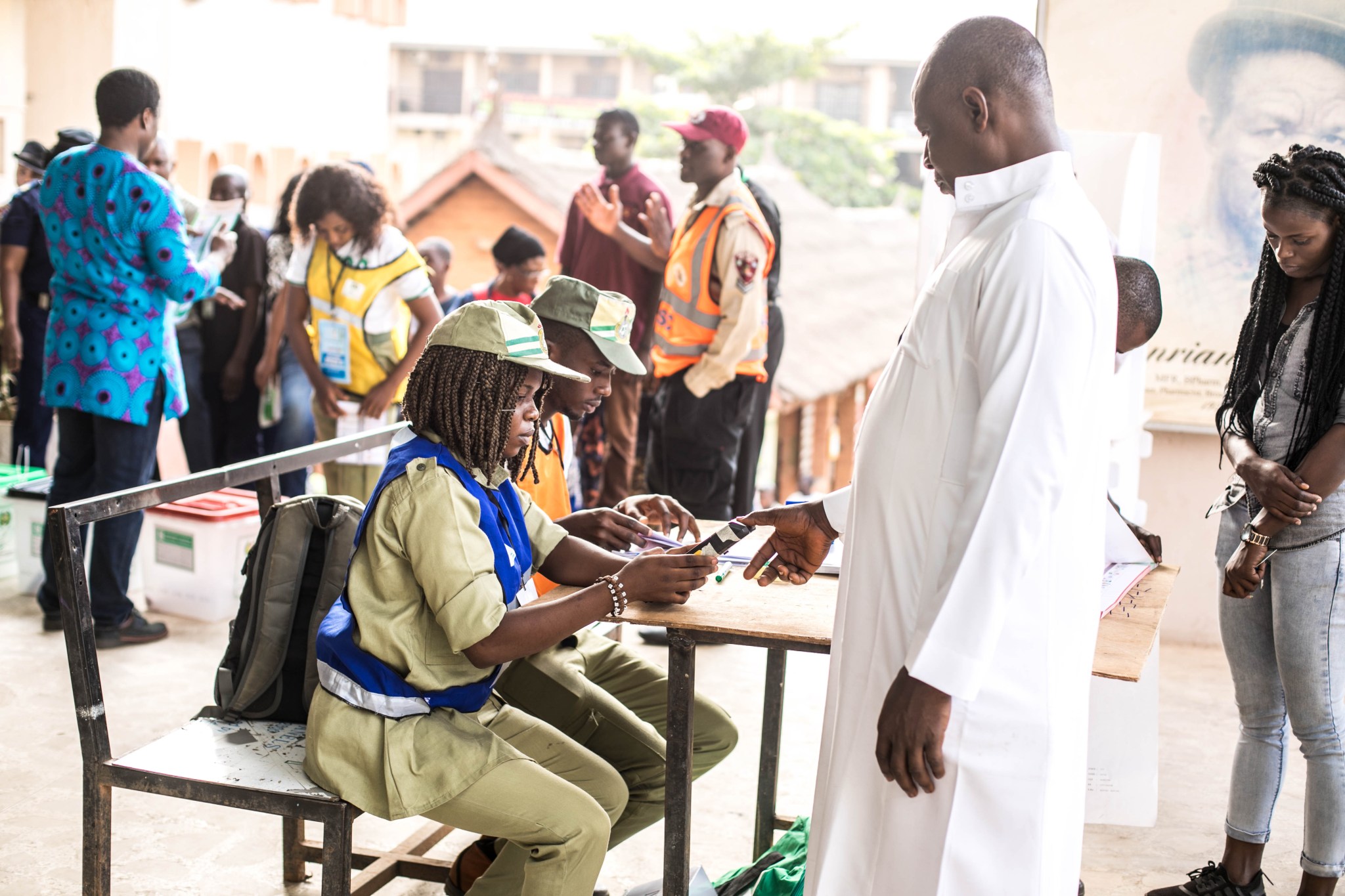
Recent coups in Guinea, Chad, Mali, and Burkina Faso provide further evidence of backsliding. Restricted and closed space for dissent, free speech, and free assembly in Angola, Mozambique, Tanzania, Uganda, Cameroon, and Zimbabwe (among others) do not seem to provide much in the way of hope. Additionally, during the past 18 months, COVID-19 has provided fertile ground for autocracies to further restrict democracy.
On the other hand, according to the latest World Values Survey, more Africans support “emancipative” (i.e., democratic) notions than support autocratic values. The older generation of autocratic leaders, such as President Yoweri Museveni in Uganda, is facing a population that believes in democracy and autonomy, principles at odds with their political leadership. Polls show that the majority of young people and women in Africa support democratic values and want to see them reflected in their countries’ institutions.
IRI’s role in Africa is critical, helping to strengthen legislative and executive bodies, civil society organizations (CSOs), and the media, among others. Our work with legislators and their staff results in laws that better represent citizens’ priorities. IRI also helps leaders and politicians use laws fairly, transparently, and effectively. Lastly, IRI’s supports political inclusion, bringing traditionally marginalized populations like young people, women, and people with disabilities into political processes. In supporting inclusion and democracy, IRI is able to help address other issues of concern on the continent, including the pernicious effect of foreign influence, the enduring challenge of corruption, and ways of reducing political conflict.
On June 13, 2024, the International Republican Institute (IRI) convened a private roundtable discussion on Mozambique. The event focused on…

What are the issues? With general elections on May 29, South Africa is heading to its most contentious elections…
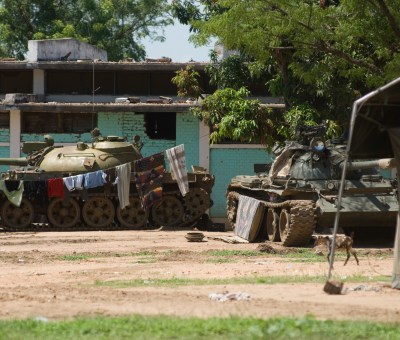
Since the breakout of war between the Sudanese Armed Forces (SAF) and the paramilitary group, the Rapid Support Forces (RSF)…
Senegal is set to hold elections on March 24, 2024. Here’s what you need to know.
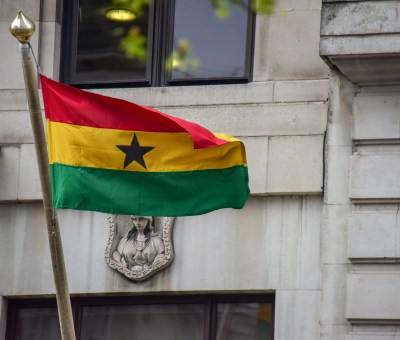
As Ghana prepares for the upcoming 2024 general election, the importance of ensuring a free and fair democratic process has…
The following contains insights from a private roundtable discussion convened by the International Republican Institute (IRI) in November 2023. The…
In Uganda, IRI enabled inter-party cooperation which resulted in sustainable government support for youth and women’s involvement in party activities.…
In The Gambia, an IRI-supported partner made government budget information available publicly for the first time and increased citizen participation…
In an innovative regional political party program, IRI provides support and capacity building to political parties in countries of the…
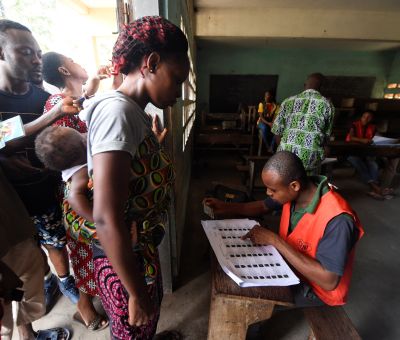
As violent extremist organizations expand their influence in the central Sahel and threaten northern border communities in the Littoral States,…
A rise in extremist violence in the region has led to an increase in the number of displaced people trying…
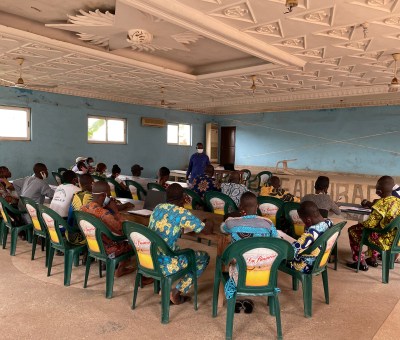
To counter democratic backsliding in Benin, once one of Africa’s most stable democracies, IRI is promoting political pluralism, increasing the…
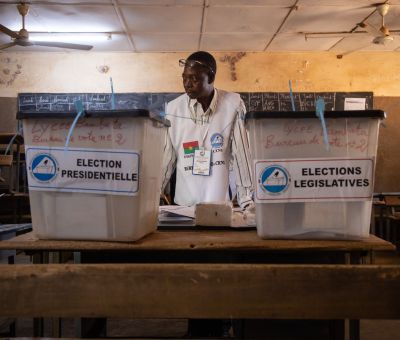
In recent years, Burkina Faso – the “land of honest men” – has suffered spiraling conflict involving violent extremist organizations…
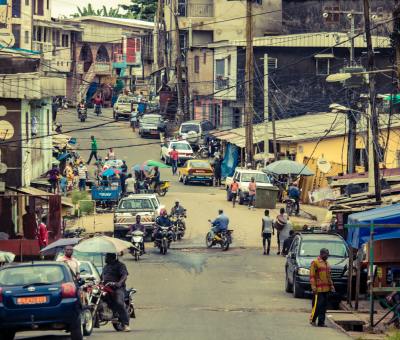
Politics in Cameroon are marred by low voter turnout, accusations of irregularities, and a crackdown on Anglophone separatists in the…
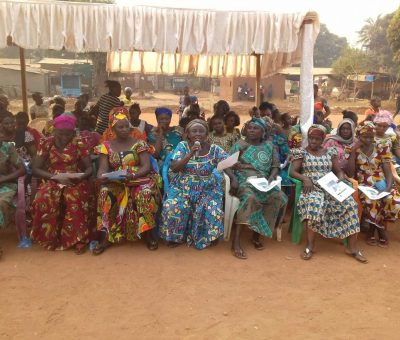
The Central African Republic (CAR) is a small, landlocked, politically unstable country wracked by political and ethnic violence. According to…
Following the assassination of President Idriss Déby and the resulting coup in August 2021, IRI has closely monitored the evolving…
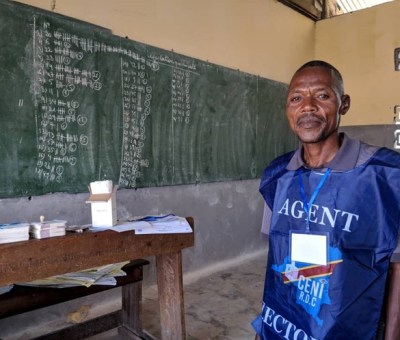
After accusations of closed-door, undemocratic deal-making that ushered in the change in presidents in 2019 in the Democratic Republic of…
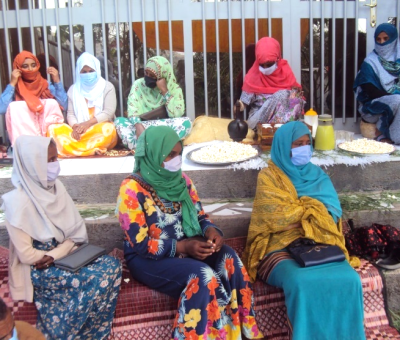
Following mass protests and historic democratic reforms, IRI is working with Ethiopian citizens, civil society, and media to promote the…
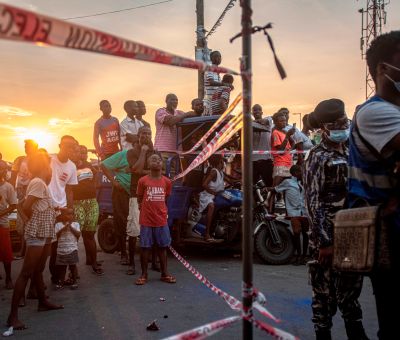
Ghana is a stable multiparty democracy in West Africa, albeit one that sometimes faces charges of democratic backsliding and complaints…
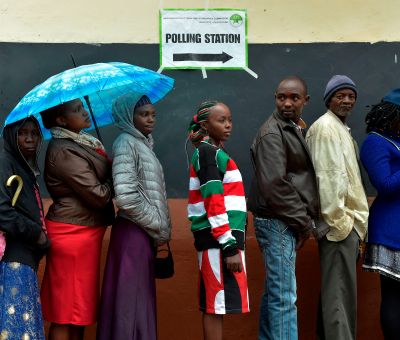
Kenya is heading into important elections amidst constitutional challenges and a push to increase the number of parliamentarians in the…
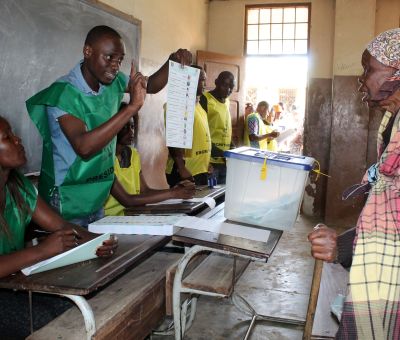
More than half of Mozambique’s population lives below the poverty line, and corruption is a major concern. Tensions between the…
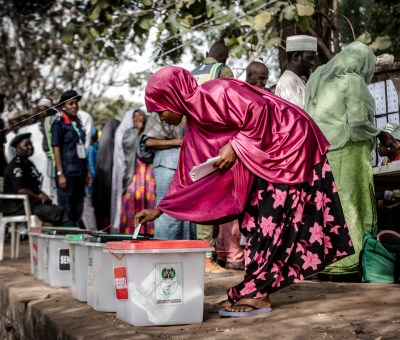
Nigeria is Africa’s most populous country, rich in oil, rife with accusations of corruption. Nigeria is a political and economic…
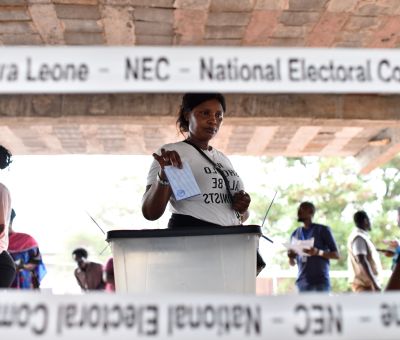
While Sierra Leone has held regular multiparty elections since the 2002 end of its civil war, opposition parties face police…
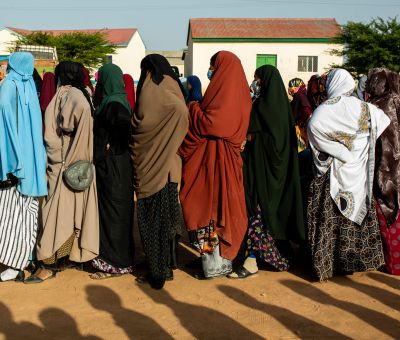
Somaliland is a small autonomous region in northern Somalia, where the government’s decision to postpone the next election cycle has…
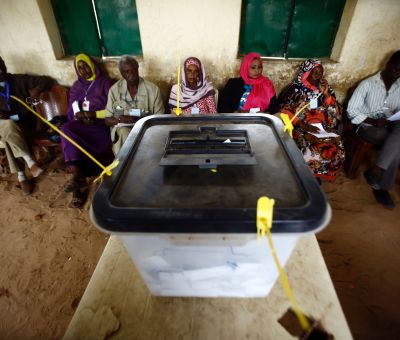
Sudan has been working toward forming a transitional legislative council, drafting a new constitution, putting a peace agreement in place,…
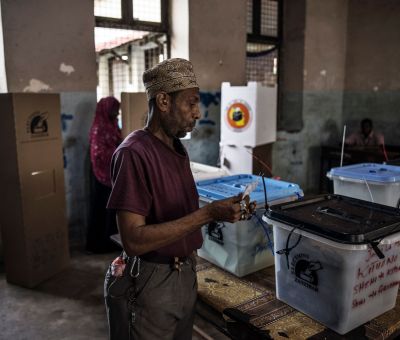
Tanzania’s ruling party, Chama Cha Mapinduzi, has been in power for over half a century. Though the country has held…
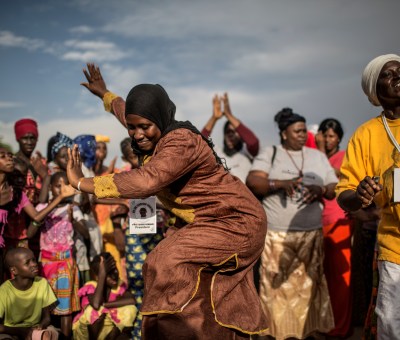
After 22 years of authoritarian rule by President Yahya Jammeh, in 2017 The Gambia began to move toward a democratic…
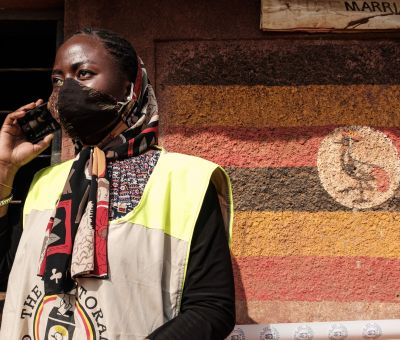
Uganda has been governed by the same party and president since 1986, and the country’s civil society and independent media…
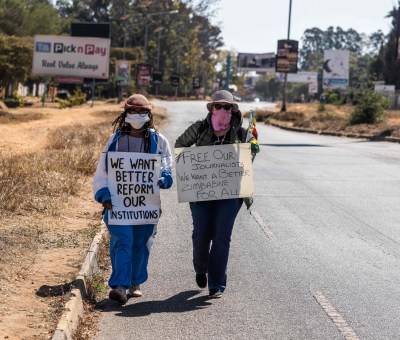
Zimbabwe held a presidential election in 2018, and though election observers called it deeply flawed, it did give former Vice…